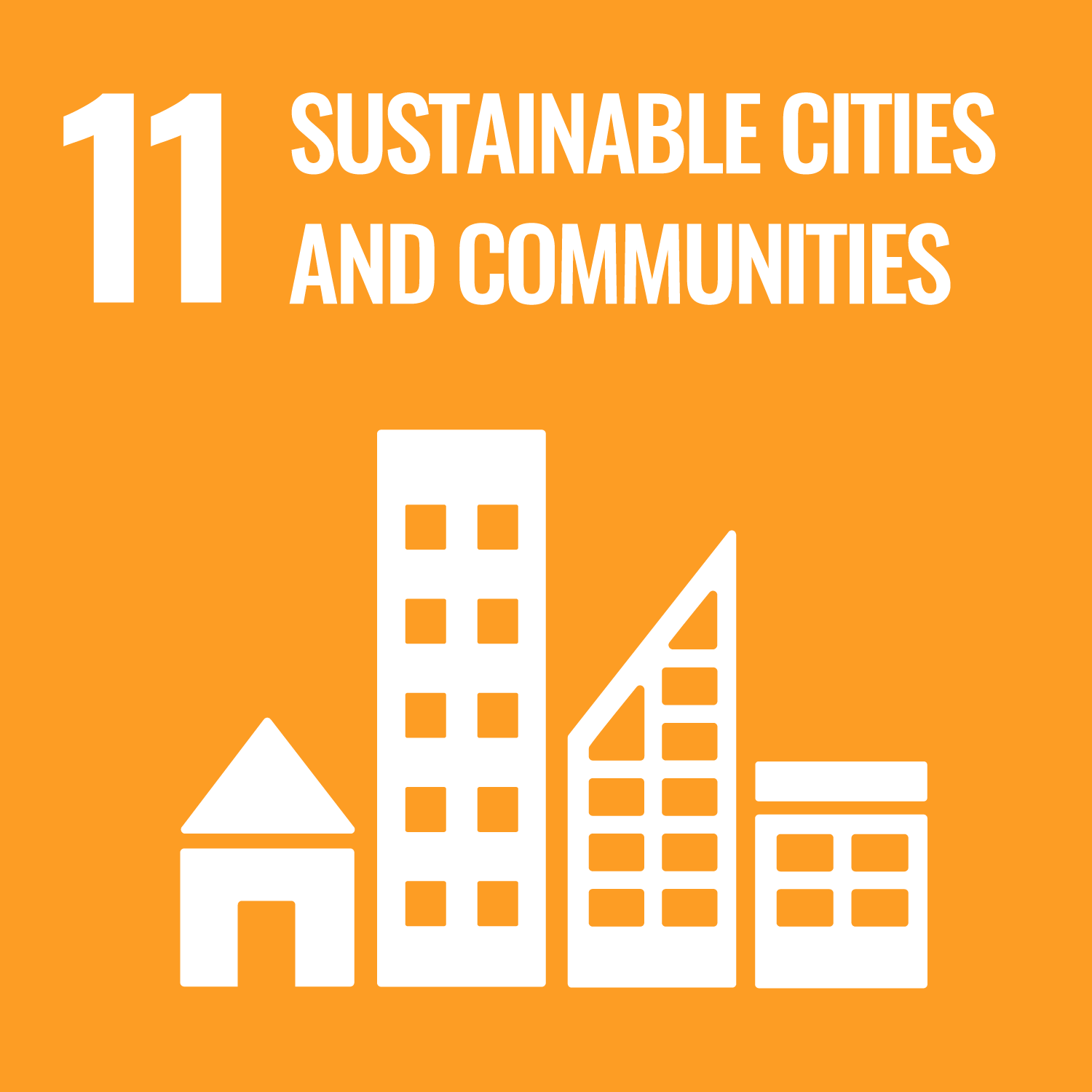Improving health and human rights in Ugandan slums
Slum growth occurs due to rapid urbanisation in Uganda. More than half of the residents of Kampala, the capital city of Uganda, currently live in slums.
Slums are breeding grounds for ill health, injuries and sexual abuse. Young women inhabiting slums often face heightened risk of HIV, sexual assault and unsafe abortions, compounded by a lack of access to social and health services.
Poor education perpetuates poverty
Slum communities also lack the adequate knowledge, education and skills to make informed decisions regarding health. Factors such as high rates of illiteracy and widespread poverty can exacerbate the problem. Traditionally, legal efforts to address sexual reproductive health and rights have tended to focus more on training lawyers, with limited attention given to the challenges faced by young women and their communities.
A project, led by Dr Sharifah Sekalala from the University of Warwick, was undertaken to help improve sexual and reproductive services, rights, and improved health for women living in Uganda’s slums.

Young people in slums face greater risk of disease and sexual violence
Involving local people in discussions

More than half the people in Uganda's capital live in slums
“Slums are unhealthy places with especially high risks of infection and injury. Other studies have pointed to high levels of sexual abuse in slum areas in Uganda. Young people face various sexual and reproductive health risks, with young women particularly affected” explains Dr Sekalala.
Centred on two slums, the research focused on ways of empowering communities and individuals through a discussion of their rights and entitlements, and how sexual violence can be best addressed.
The project involved partner organisations the Center for Health, Human Rights and Development (CEHURD) in Uganda, and Warwick Medical School, which has expertise in slum health.
The project was designed to build research capacity in Uganda and unite academics, activists and policy makers in their efforts to improve slum health.
The research team wanted to determine if the Legal Empowerment and Social Accountability (LESA) methodology - which has been successfully trialled in rural areas in Uganda - can be adapted to slum areas.
The team also examined the challenges of introducing LESA interventions to slums.
Meetings were held with academics from both Warwick and Makerere University in Uganda, as well as with CEHURD staff, to discuss adapting LESA methodology from rural areas to slums. Women living in the slums were interviewed, in addition to district leaders and officials, in order to understand levels of knowledge about sexual and reproductive health rights.

Slum dwellers face endemic poverty, poor sanitation, low employment and high crime rates
Making an impact in politics and academia

Women in the slums were interviewed to help understand knowledge levels on sexual and reproductive health rights
“We have strengthened the capacity of civil society organisations through stronger partnerships between Warwick academics and civil society activists, academics, practitioners and policy makers” explains Dr Sekalala.
The project will help contribute to the UN’s Sustainable Development Goals of Sustainable Cities and Communities, Gender Equality and Good Health and Well-Being.





